The University of Chicago Press, Chicago 60637
The University of Chicago Press, Ltd., London
2018 by The University of Chicago
All rights reserved. No part of this book may be used or reproduced in any manner whatsoever without written permission, except in the case of brief quotations in critical articles and reviews. For more information, contact the University of Chicago Press, 1427 E. 60th St., Chicago, IL 60637.
Published 2018
Printed in the United States of America
27 26 25 24 23 22 21 20 19 18 1 2 3 4 5
ISBN-13: 978-0-226-50638-8 (cloth)
ISBN-13: 978-0-226-50641-8 (paper)
ISBN-13: 978-0-226-50655-5 (e-book)
DOI: 10.7208/chicago/9780226506555.001.0001
Library of Congress Cataloging-in-Publication Data
Names: Apter, Andrew H. (Andrew Herman), author.
Title: Oduduwas chain : locations of culture in the Yoruba-Atlantic / Andrew Apter.
Description: Chicago : The University of Chicago Press, 2018. | Includes bibliographical references and index.
Identifiers: LCCN 2017018047 | ISBN 9780226506388 (cloth : alk. paper) | ISBN 9780226506418 (pbk. : alk. paper) | ISBN 9780226506555 (e-book)
Subjects: LCSH: Yoruba (African people)Atlantic Ocean RegionReligion. | African diaspora. | CultsAtlantic Ocean Region. | Orisha religionAtlantic Ocean Region. | Atlantic Ocean RegionReligion. | Nigeria, SouthwestReligion.
Classification: LCC BL2480.Y6 A78 2018 | DDC 299.6/8333dc23
LC record available at https://lccn.loc.gov

This paper meets the requirements of ANSI/NISO Z39.48-1992 (Permanence of Paper).
Even the maestro-critic Paul de Man insisted that however negative it may sound, deconstruction implies the possibility of rebuilding (1983, 140), and it is in this spirit of critical reconstruction that I have reassembled the five essays of the present volume. Written and published between 1991 and 2013, they represent the working through of a particular problematic in African Diaspora and Black Atlantic studies on the basis of my first extended foray into Yoruba ritual and politics and the hermeneutics of power (Apter 1992) that I encountered in Nigeria. Although I focused exclusively on Africa at the time, my subsequent explorations of the Afro-Atlantic world through a self-consciously Yoruba lens have brought previously unacknowledged patterns into view, pertaining to dominant paradigms in the African Diaspora literature, the complex dynamics of Afro-Caribbean religions, and their historical trajectories as sociopolitical communities with variable forms and degrees of self-consciousness. As I mention in the introduction, I did not set out with this broader purview in mind, but after the dust of fieldwork settled and my own understanding of Yoruba critical frameworks coalesced, I couldnt help seeing what I saw, in various locations of what I am calling the Yoruba-Atlantic.
Which brings me back to Paul de Man and the blindness of whatever insights I may have to offer in these pages. As a Yale undergraduate in the 1970s, I was caught up in the first wave of deconstruction in the United States, when the Yale Critics and their followers were coming into being. And Gayatri Spivaks translators preface to Jacques Derridas Of Grammatology provided the intellectual looking glass though which a new generation of acolytes ventured, intent on bringing down the Old Order by tracking tropes and demystifying texts as we marched through Frederic Jamesons prison house of language to the inaugural Lit-Z cotaught by Paul de Man and Geoffrey Hartman, mingling with visiting luminaries such as Umberto Eco and Jacques Derrida along the way. As a philosophy major, I wrote my senior thesis on Kants Critique of Pure Reason, arguing that Kants deletion of the subjective deduction in the B edition, and his recasting of transcendental synthesis in the figure of synthetic unity, represented a futile attempt to disguise the rhetorical function of metaphorical substitution at the core of his critical philosophy. The good old days, to be sure, and useful training for the textual turn in the postmodern anthropology of the 1980s and early 1990s that followed.
Thus I was, and remain, no stranger to deconstructive criticism, and I have no difficulty appreciating its relevance to diasporic frameworks predicated on rhetorics of displacement from an originary Africa. Indeed, I take those truths to be self-evident, part and parcel of the negative dialectic of creative remaking, or rebuilding, as de Man would have it. But the negation of Africa as the figural ground of cultural dissemination works best in transition or transformation, as a place from which to proceed rather than permanently dwell. And over the years I have found myself arguing against the dwellers, those critics who, in the name of decolonizing knowledge, insist on disavowing Africa as a locus of insight into its Atlantic cultural legacies, relegating it instead to the mystifying margins of the European imagination and its inscription devices. Against this enduring trend with its impressive iterations, I offer a range of counterperspectives that attempt to rebuild an Afrocentric point of departurenot by retreating into precritical scholarship but by sifting through the rubble of its decolonized remains. The rebuilding I have in mind involves three related forms of critical recuperation discussed in the introduction: of Africa as a viable locus of Atlantic historical and cultural interpretation; of culture as a viable conceptual framework for illuminating Atlantic historical trajectories; and of Afrocentric (as opposed to Eurocentric) critical paradigms as powerful shapers of Afro-Atlantic history. The overall thrust of the essays that follow is that Yoruba revisionary and generative schemesand their deconstructive and reconstructive ritual strategiesilluminate both highly specific pathways of religious syncretism and cultural creolization in the Americas and more general strategies of apprehending Africa throughout the Black Atlantic.
This slippage between specific and general goals is principled but may cause some confusion. I am not implying that the Yoruba-Atlantic derived exclusively from a Yorubaland bounded by territory, shared language and beliefs, and common religious forms and kinship norms la tribal society of old-school ethnography, and which came to predominate over other African legacies in the diasporaalthough on this point I am bound to be , it is more in the spirit of a hypothesis than in making particular empirical claims: that is, how much can we see through a revisionary Yoruba lens that we wouldnt see otherwise, and what do these insights add to our historical interpretations? I invite others to make similar interventions through comparative Afrocentric critical frames.
As for acknowledging ancestors, elders, friends, teachers, colleagues, students, and fellow-travelers who have offered guidance and support throughout these Atlantic crossings, including the spirited interlocutors whom I engage in these pages, you are far too numerous to name, but I am forever in your debt. Two who must stand out, however, are T. David Brent, editor extraordinaire at the University of Chicago Press, who back in the day took a chance on publishing the first book of an unknown aspiring Africanist fresh out of graduate school and has stayed with me ever since; and to Robin Derby, partner extraordinaire, who back in the day took a chance on marrying an aspiring assistant professor, took me to the Caribbean, and has also stayed with me ever since:


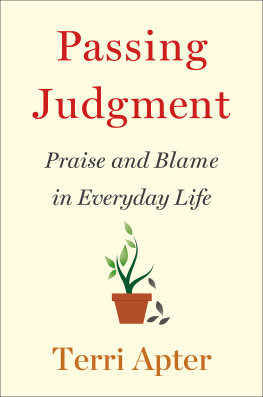
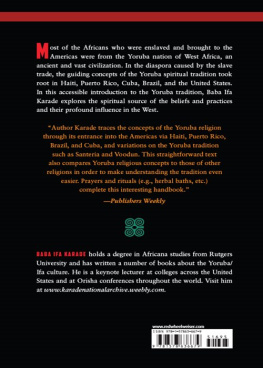
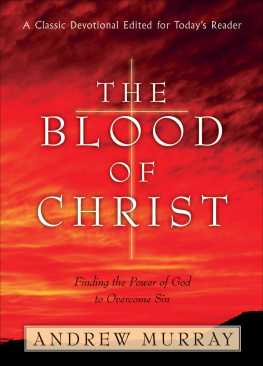
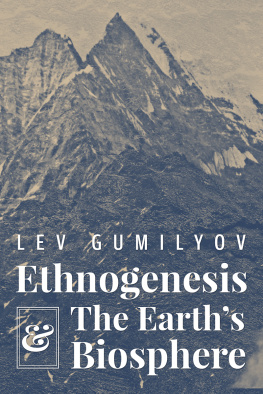
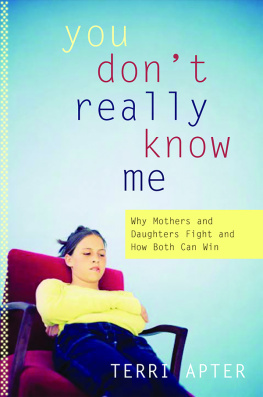
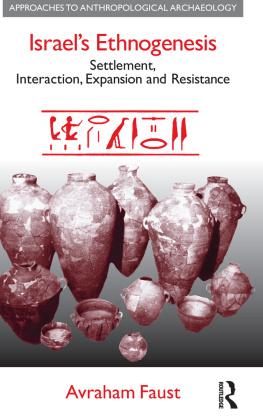
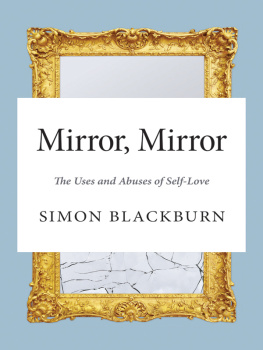
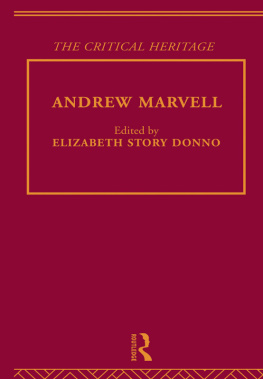


 This paper meets the requirements of ANSI/NISO Z39.48-1992 (Permanence of Paper).
This paper meets the requirements of ANSI/NISO Z39.48-1992 (Permanence of Paper).